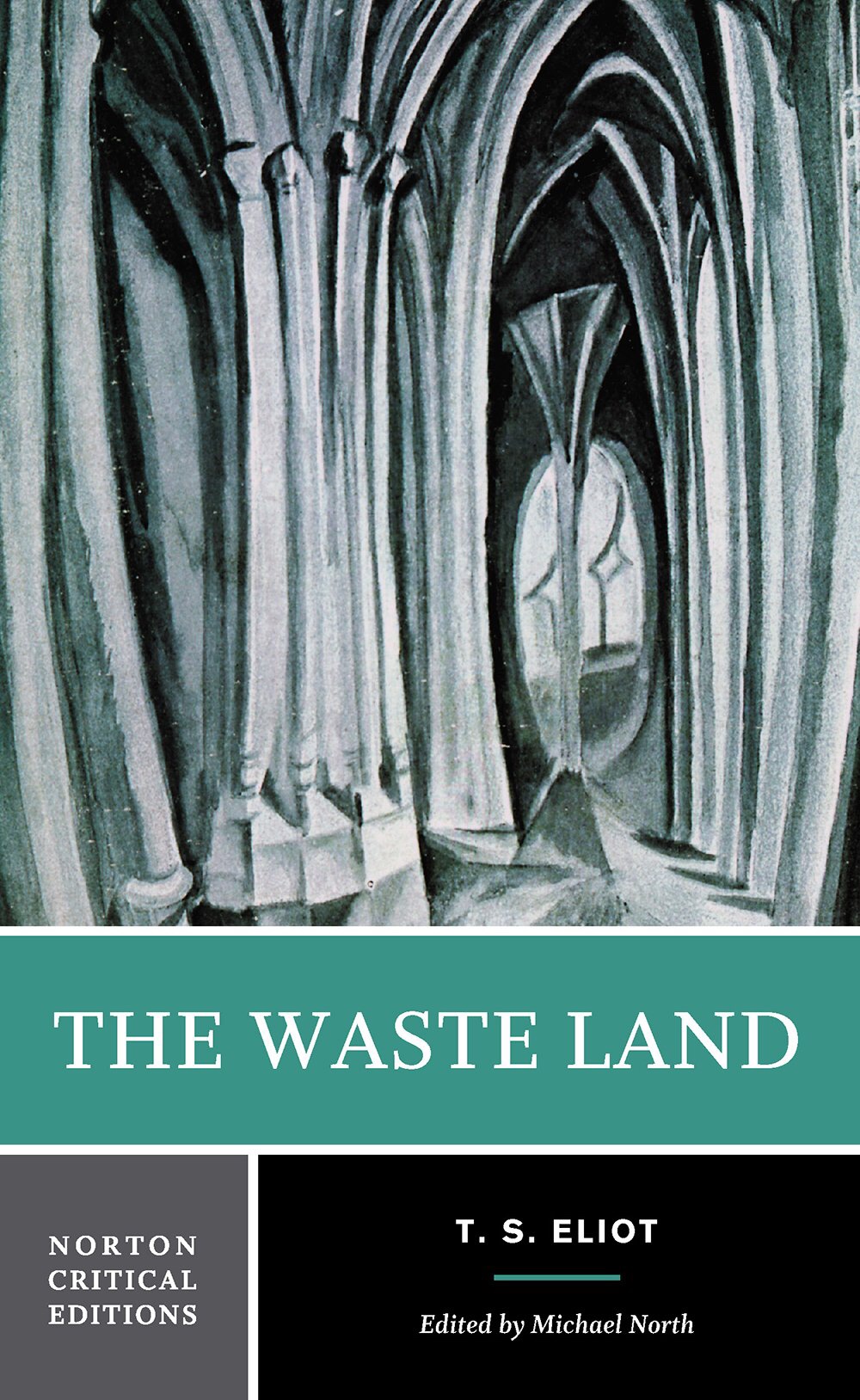


‘Complimenti, you bitch,’ wrote Ezra Pound to Eliot in 1922 upon reading a near-final draft of his friend’s latest work, which Pound had edited. ‘I am wracked by the seven jealousies.’ Pound – no slouch in the poetry department himself – knew not only that Eliot had just given the emerging Modernist literature movement its standard bearer, but that he had just read what would surely become known as one of the greatest poems of the 20th century. Sure enough, it did.
The masterpiece – about the devastating aftermath of the First World War – defied convention as it weaved different voices, to explore themes of trauma, disillusion, and death, wrapped in the barbed wire of Eliot’s electrifying intellect. With The Waste Land, he lay waste to old notions of poetry’s role as an art form, and changed the way it was written forever.
